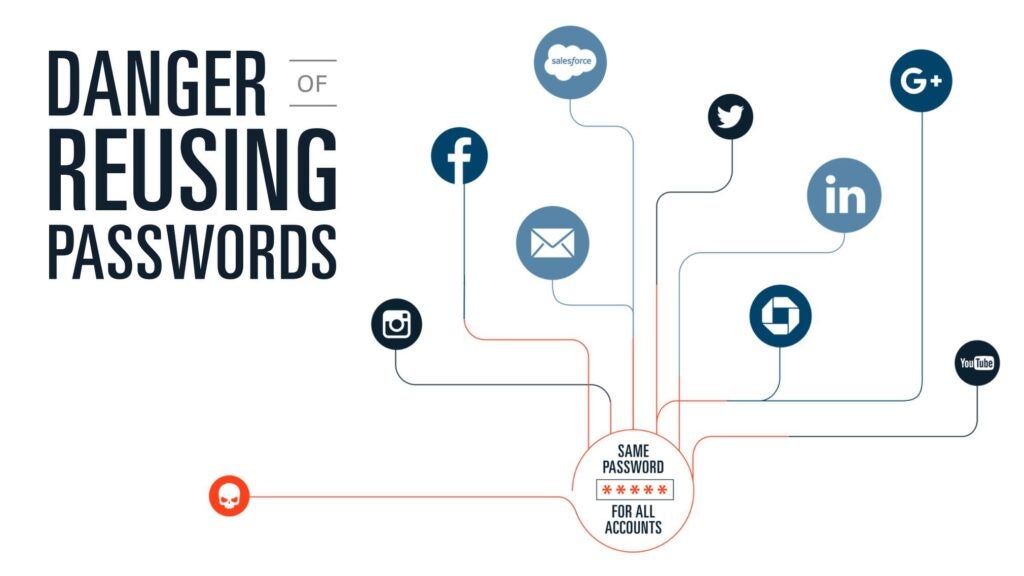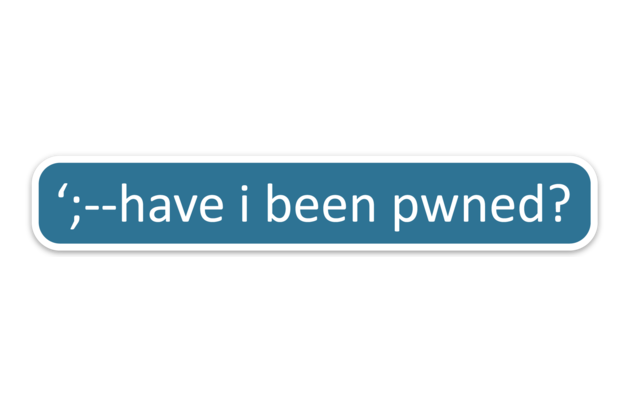Raise Your Hand if You Reuse Your Passwords

Here’s Why Password Reuse is a Bad Idea
Password reuse attacks occur when a hacker manages to get a password for one of your accounts, then tries using it to sign in to more of your accounts.
The more a password is reused, the more opportunities there are for your data and money to be stolen.
Nearly every website you visit requires you to setup an online account and create yet another password to remember. The human brain simply cannot keep up- and data shows, in fact, we are downright bad at it. We forget passwords, we share them, we make up overly simplistic ones that are easy to crack and we reuse them. What gives? The average number of passwords one person has to remember is over 90. We’re only human and cybercriminals know our capabilities and our habits.
With so many passwords to remember, password reuse is understandable, but this practice has serious consequences for all of your data, no matter how strong or complex the password may be.

The more a password is reused, the more opportunities there are for your data and money to be stolen. If a reused password gets leaked as part of a data breach, hackers then have the key to your other online accounts.
Password reuse attacks occur when a hacker manages to get a password for one of your accounts, then tries using it to sign in to your other accounts. Passwords for all accounts, but especially for banking, health and legal accounts should be strong and unique.
Overwhelmed yet? Tired of changing your password because you forgot it? Again. One of the greatest tools to ease this burden for you is a Password Manager. This tool will not only help you create and maintain strong passwords, but it will do all the hard work for you and prevent password reuse. It will even alert you if one of your passwords is leaked in a data breach and prevent you from using it again.
Have I been pwned?
“Have I Been Pwned” is a free data breach search & notification service that is used by millions of people and companies to monitor security breaches and password leaks.
“Pwned” is a play on “owned” and is from a computer coding term meaning “to compromise or take control over.” If you’ve been pwned, your password is has been leaked or is known to bad actors. Give that hacker a few minutes to try it against all your accounts and your identity could be owned.
Don’t get pwned. Choose a password manager! You’ll be glad you did.

